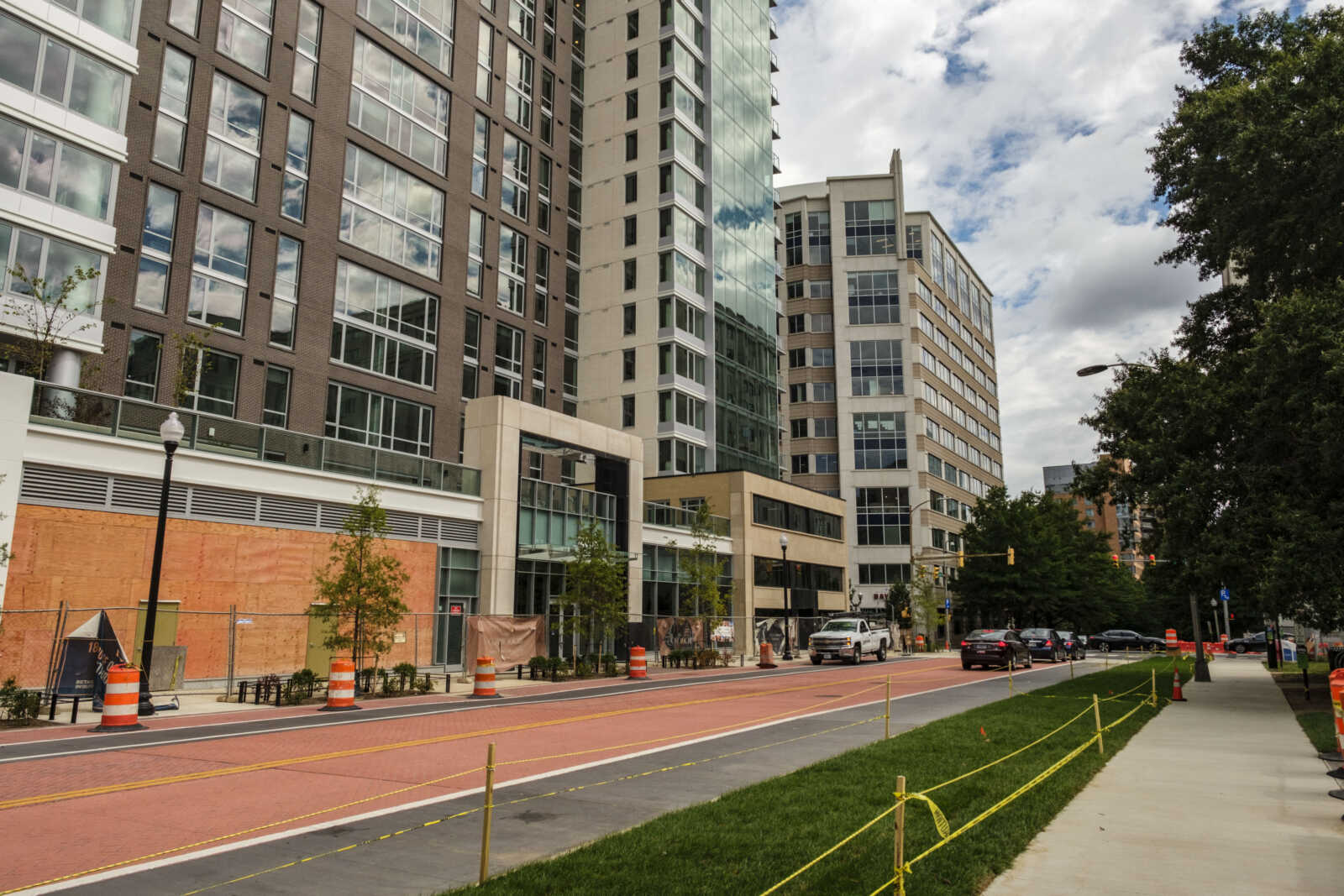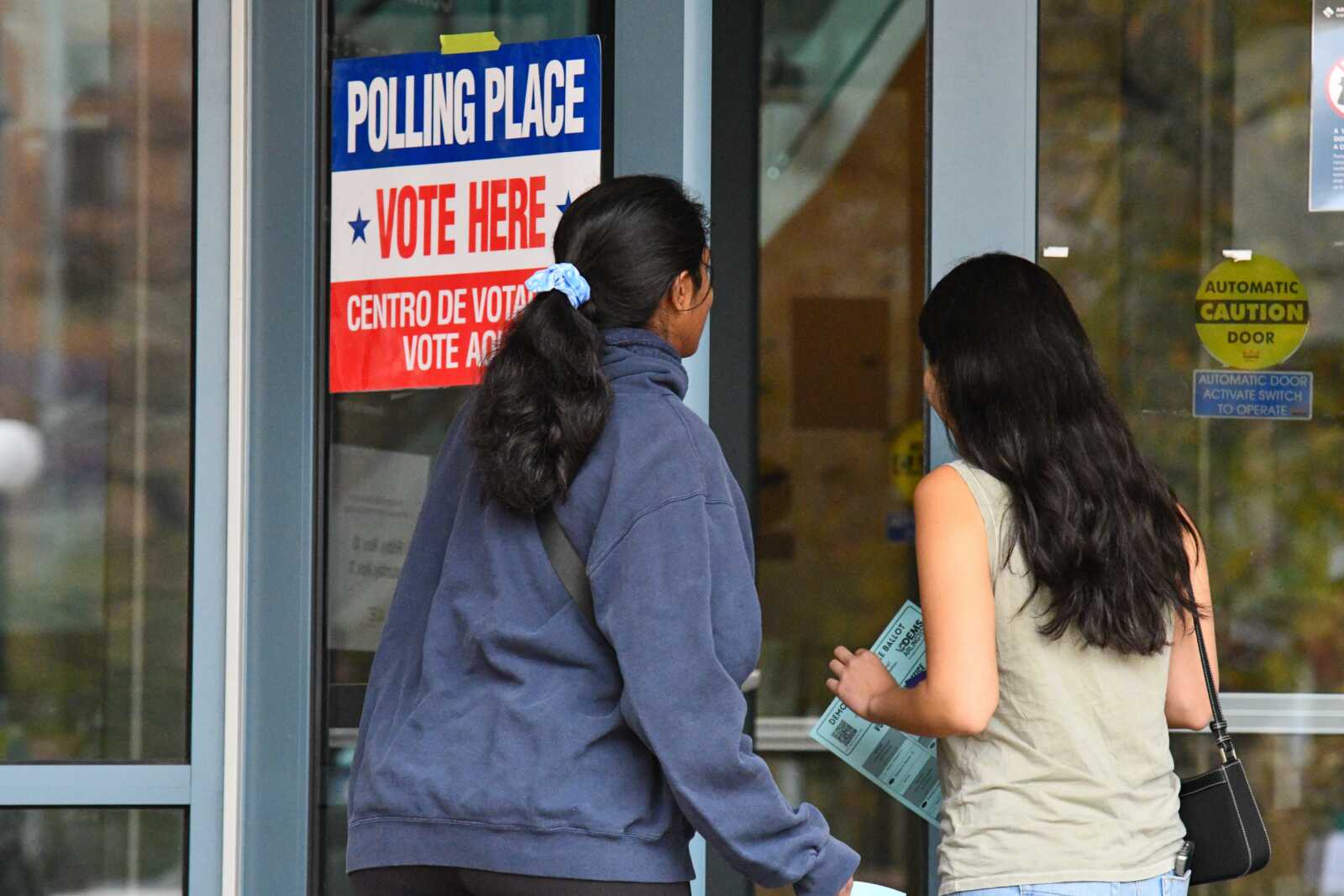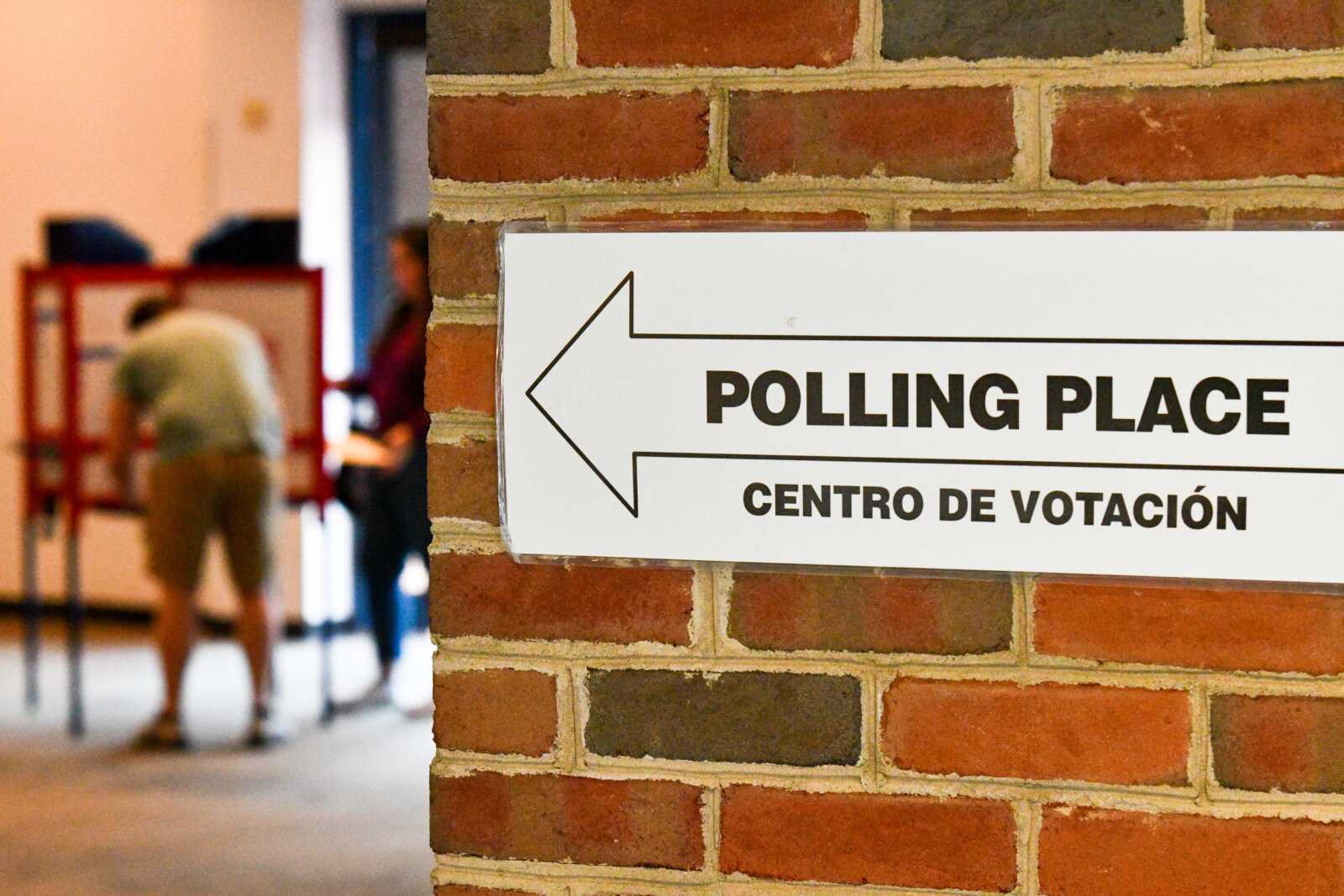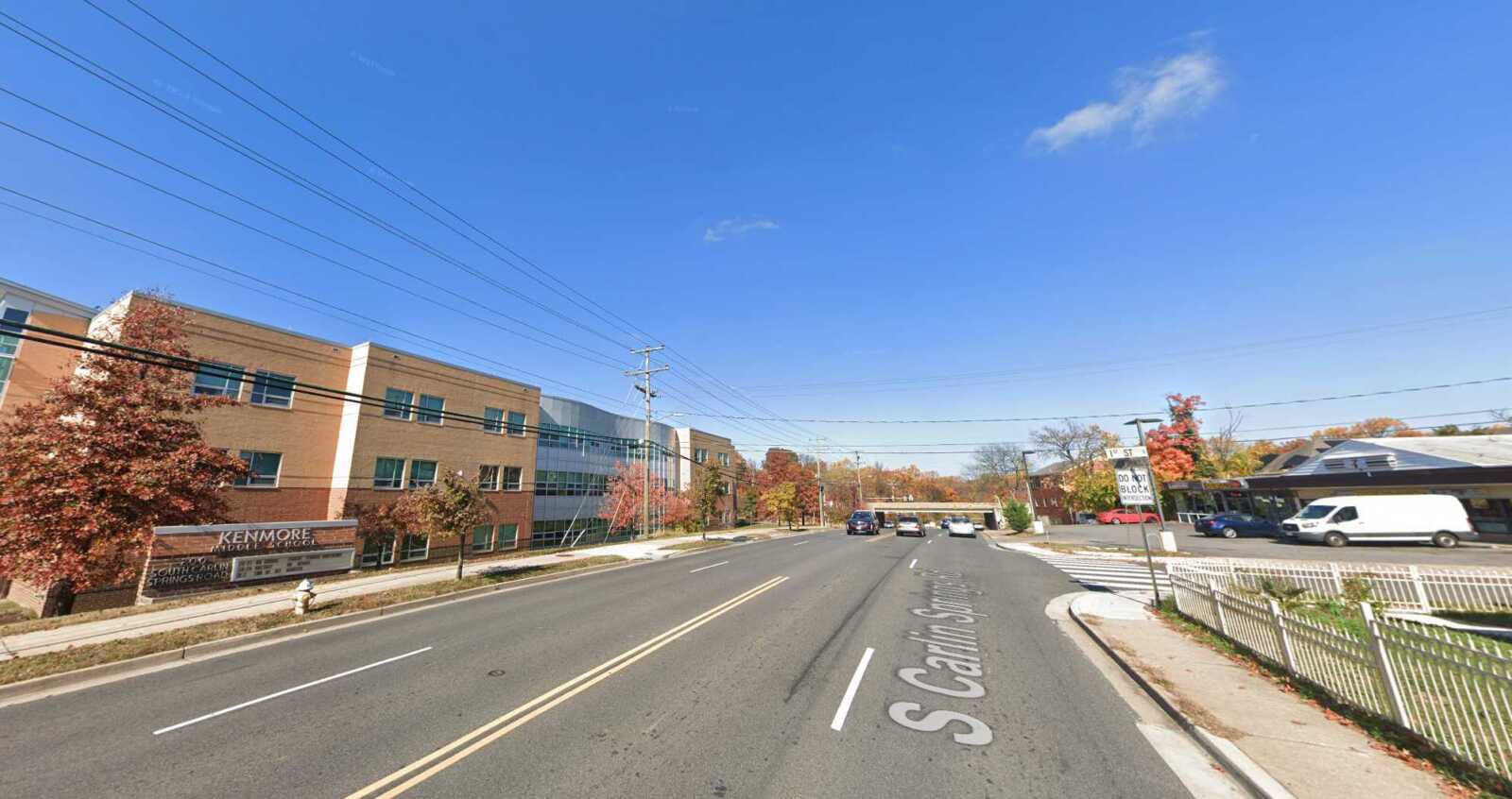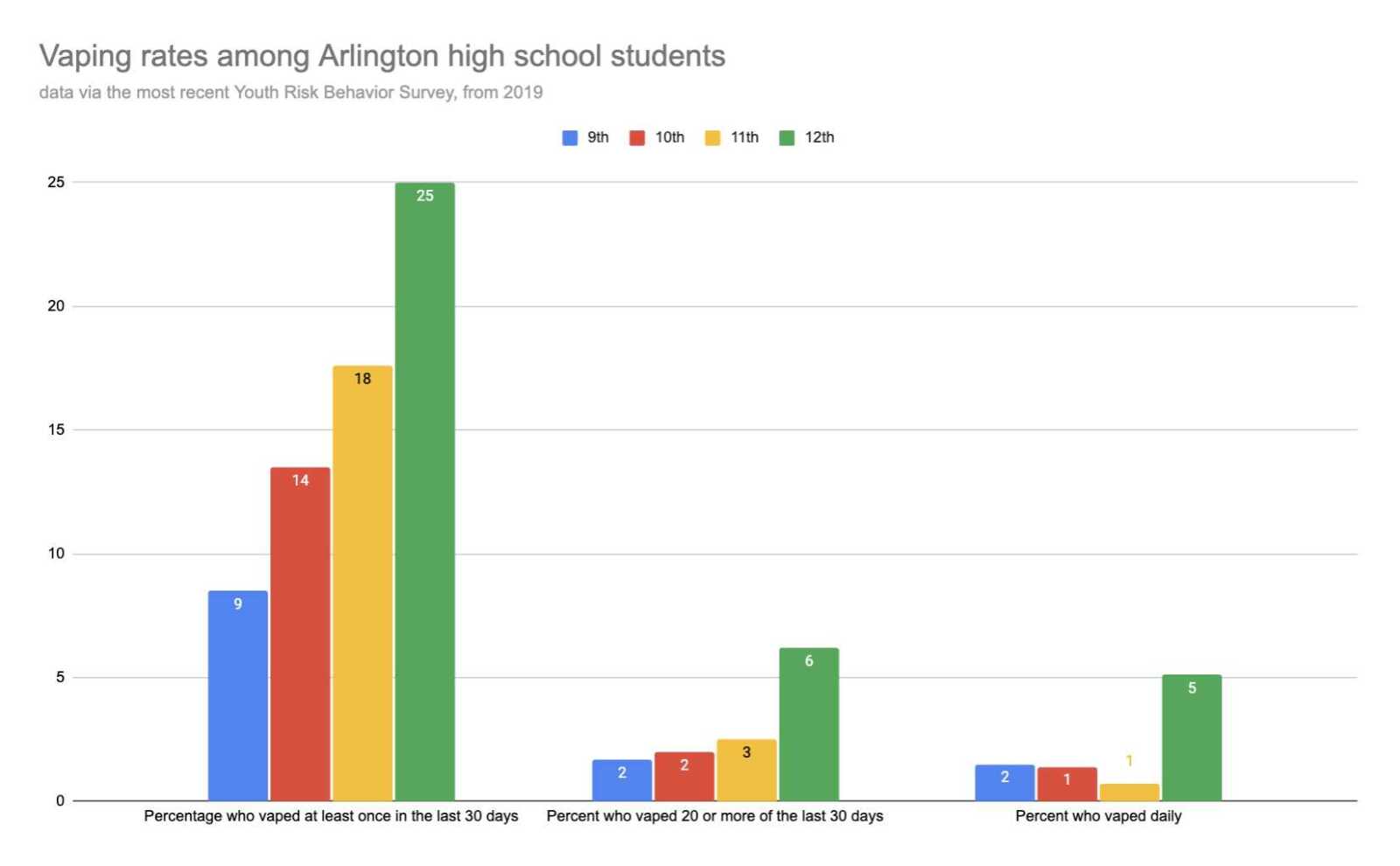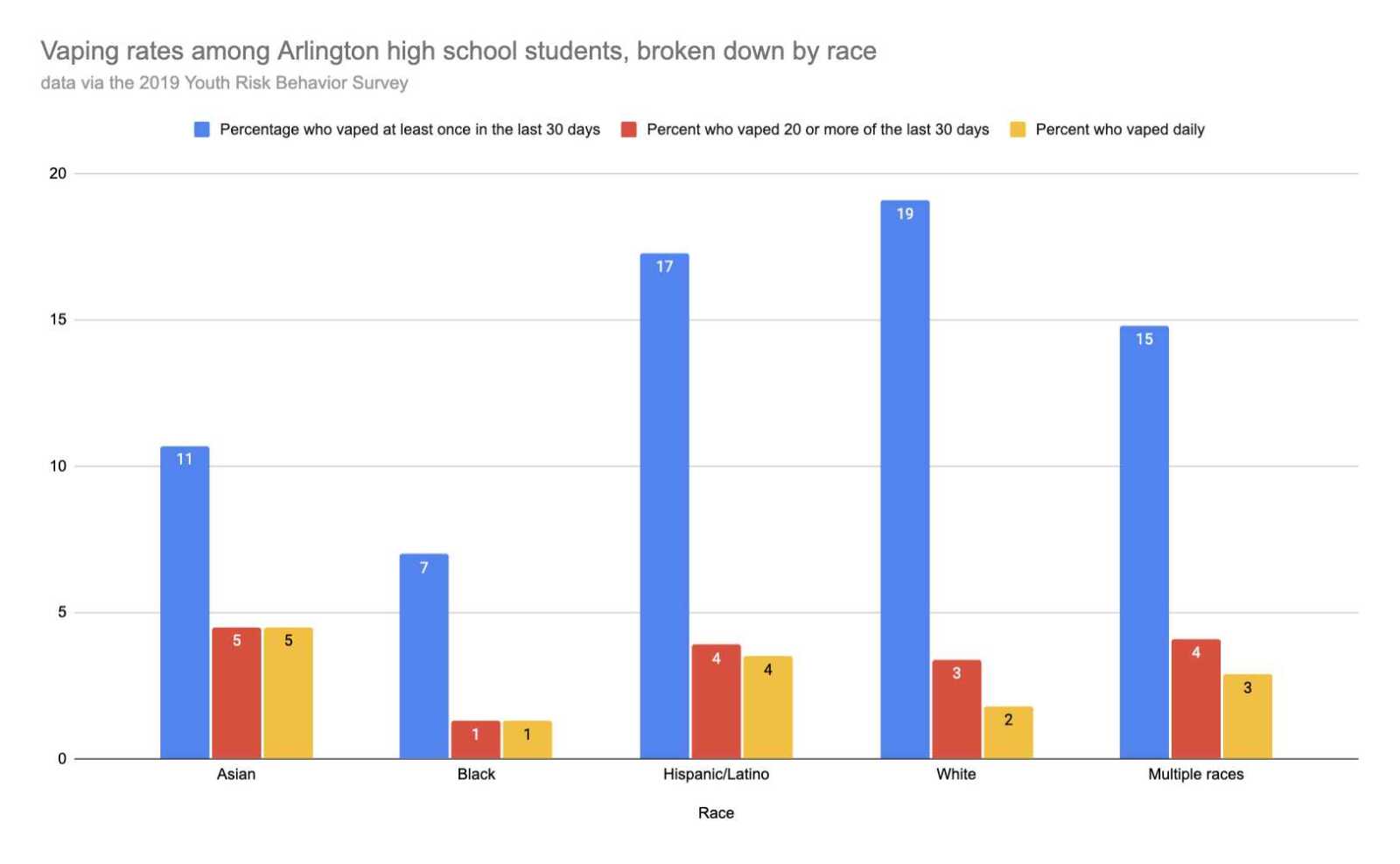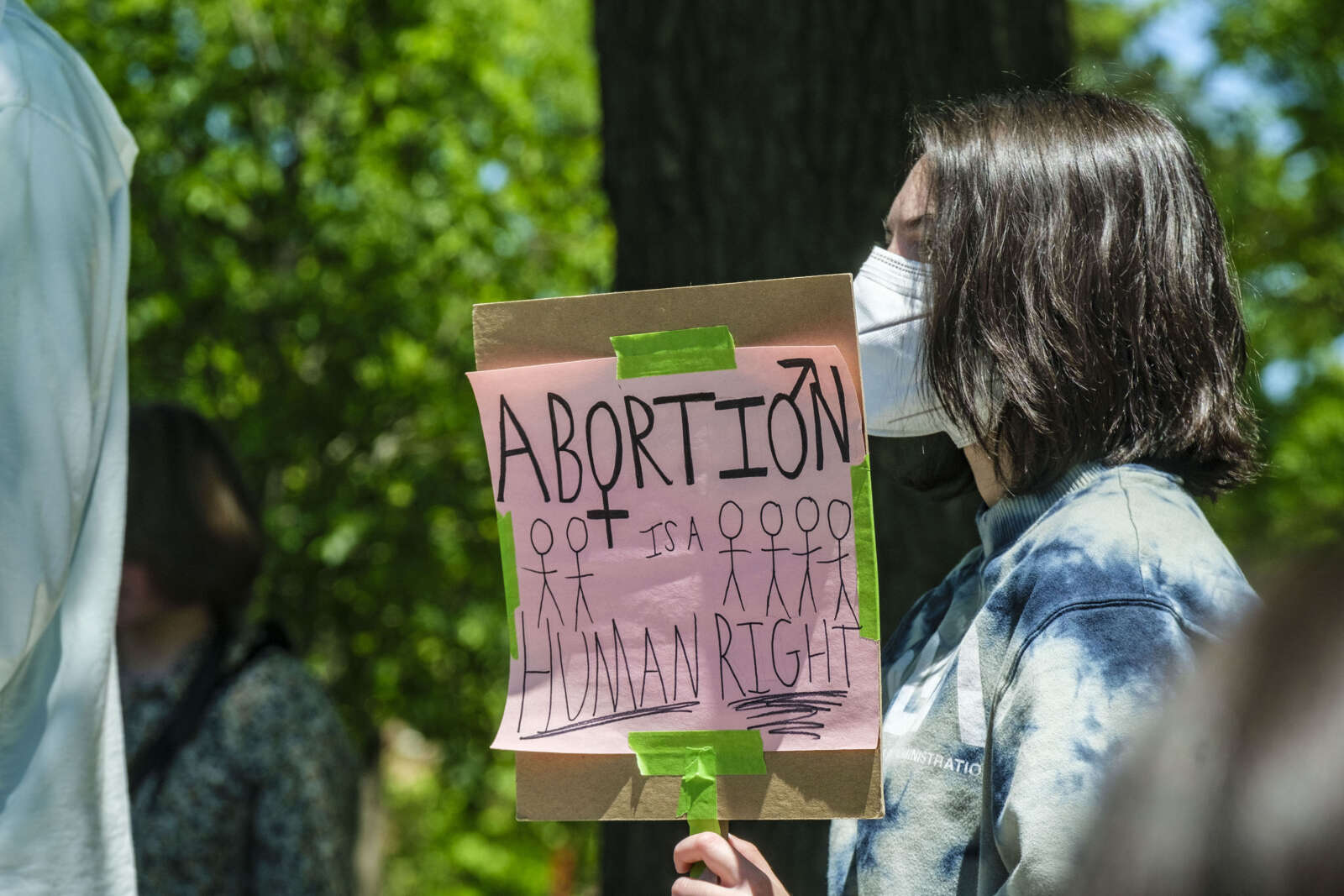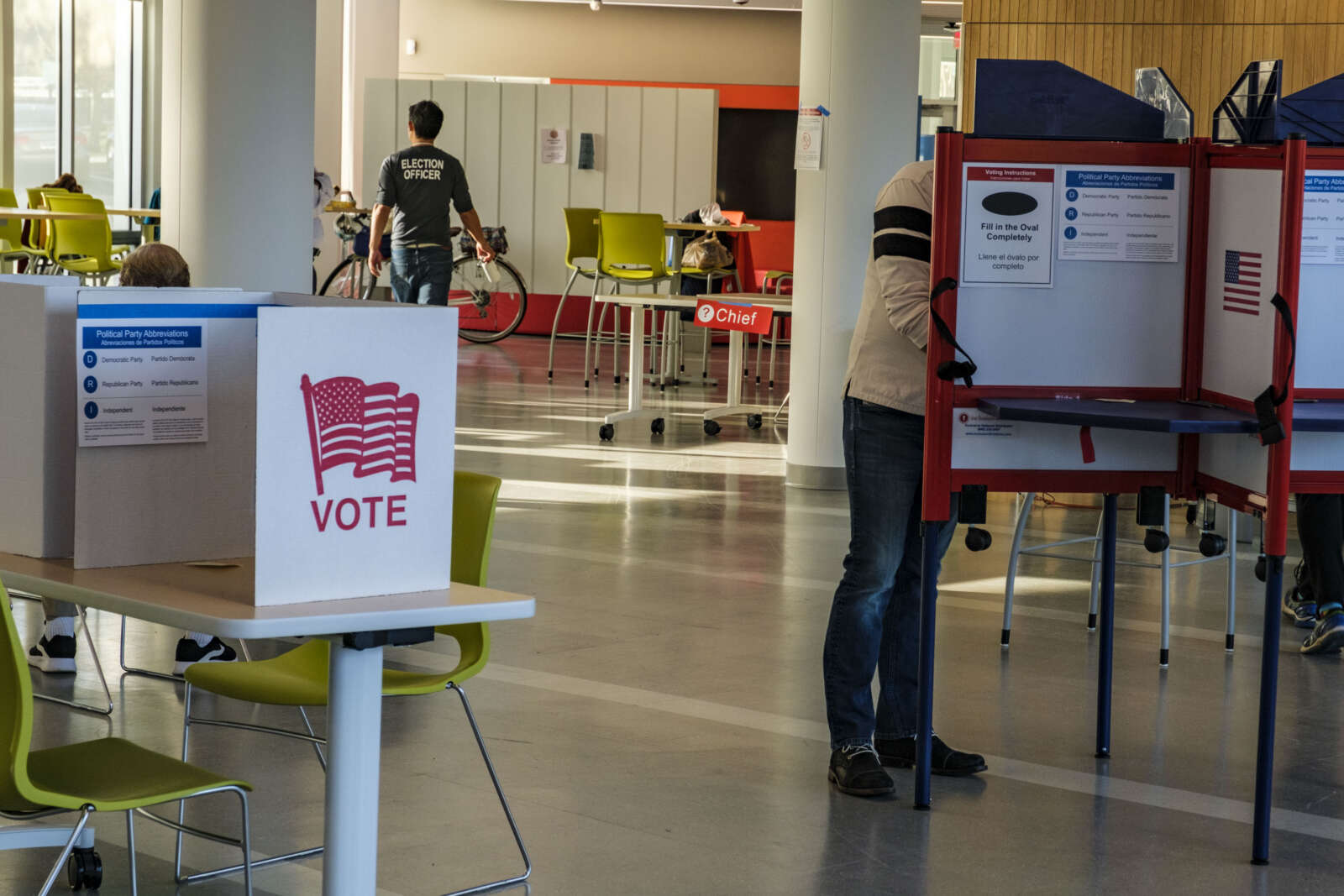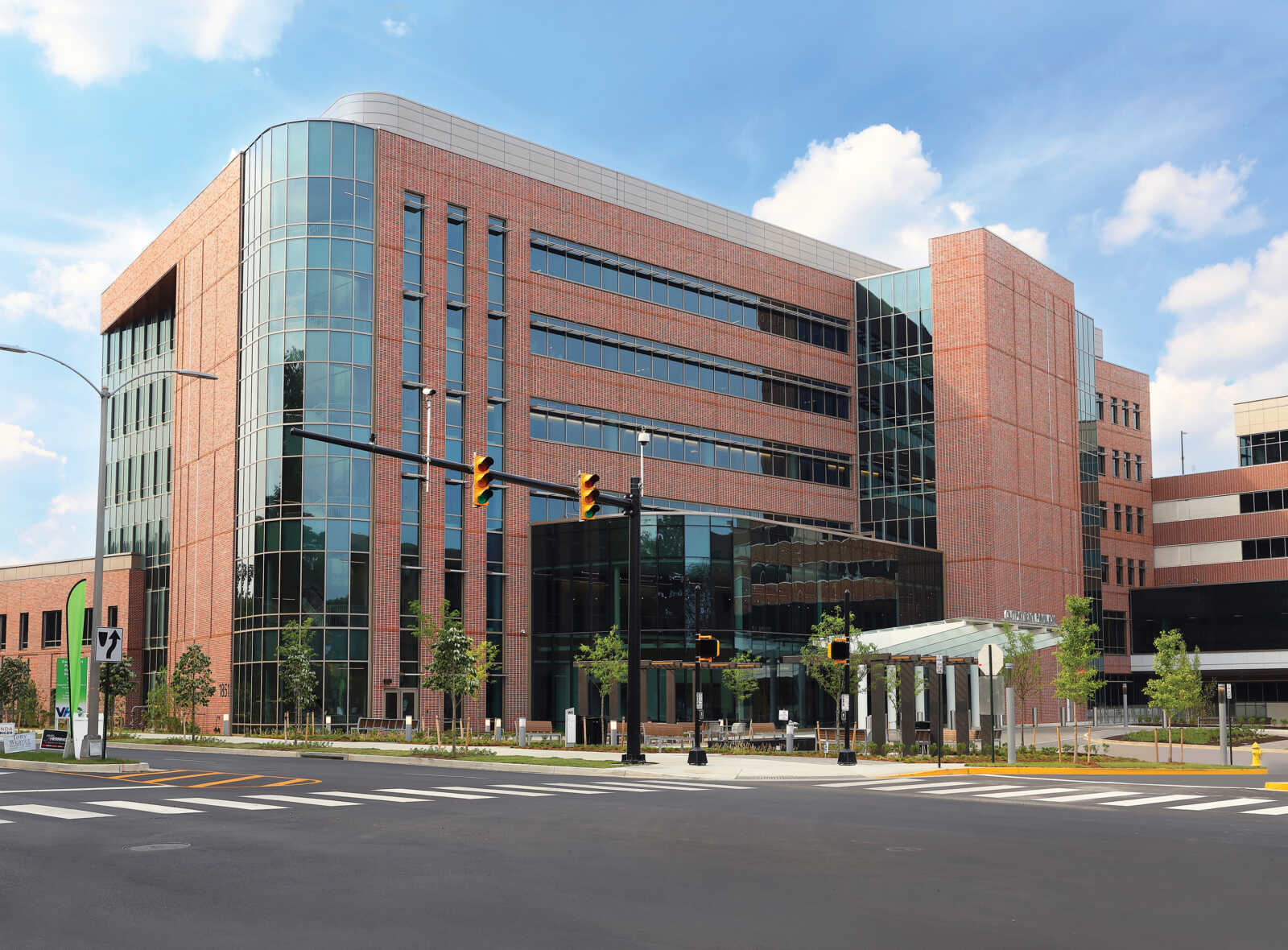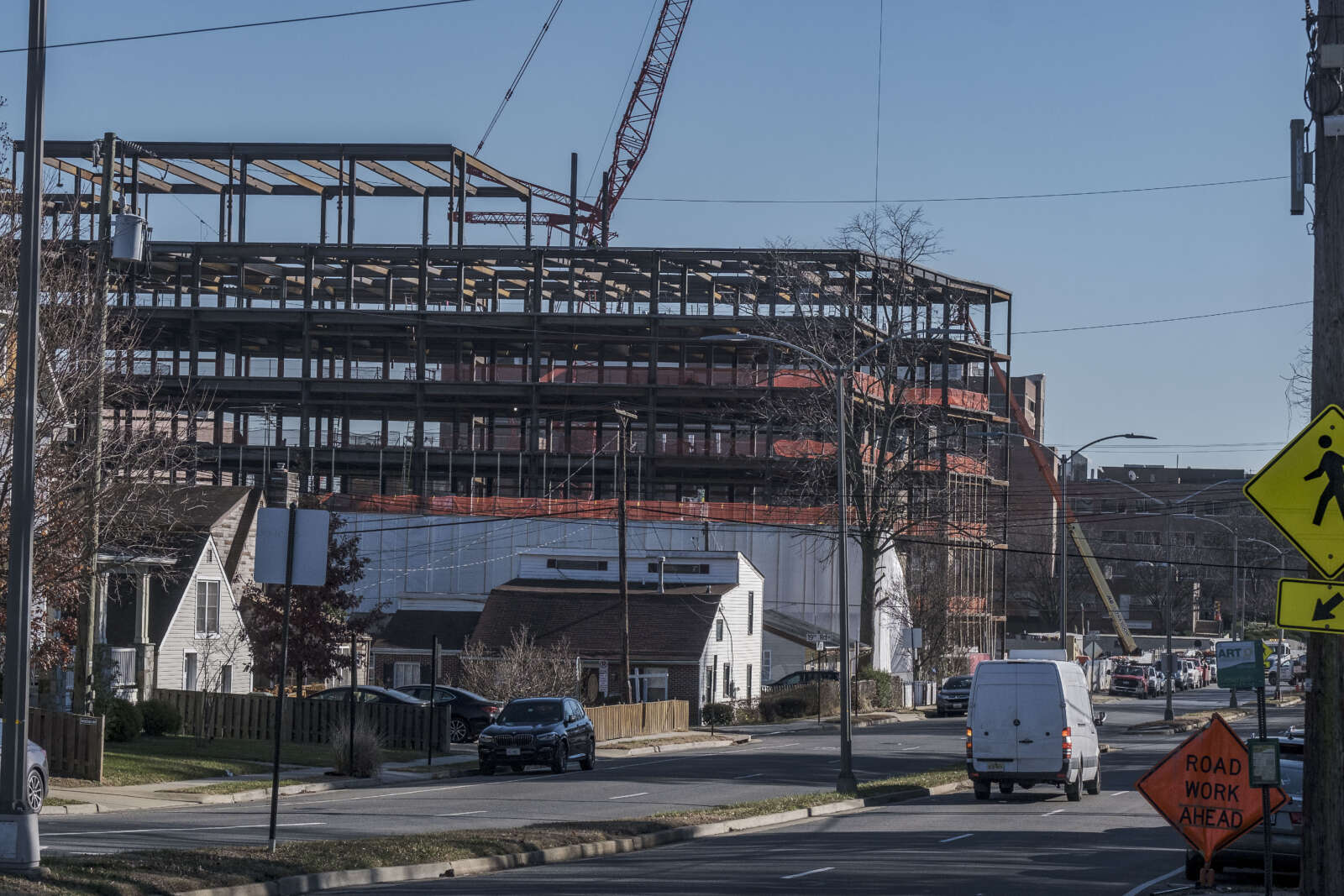
Unionized trade workers have tentatively negotiated with Arlington County for wage increases and safety protections for the next four years.
Predicting a budget gap in the 2025 budget, however, the county says it will have to raise taxes or make budget cuts to pay for these provisions, according to a fiscal analysis the Arlington County Board is set to hear about during its Saturday meeting.
If the county opts to raise taxes, residents could see their bill go up $5-9 on average. This would be in addition to a predicted 1.8% increase in real estate values, which works out to an average increase of $146. For reference, property values increased 4.5% for 2023.
Higher taxes or budget cuts would cover most of the increases. The rest would be covered with a nearly $3 utility fee increase and a new stormwater utility fee that residents will begin paying in 2024 in lieu of the current sanitary district tax.
Arlington County held steady residential real estate taxes this year, at $1.013 for every $100 in assessed value. Arlington County Board Chair Christian Dorsey has foreshadowed this could go up next year, however. To cover the tentative wage increases, county officials are suggesting raising the rate to $1.0136 or $1.0141.
County government and the Service, Labor, And Trades (SLT) Bargaining Unit have tentatively agreed to 55 provisions, of which only a handful, including higher wages, have financial impacts, according to the county. Another would ensure employees do not end up getting less weekly pay after responding to emergencies.
“Crews work on emergency situations, like water main breaks, often outside of the normal workday schedule and can be scheduled outside of their normal hours to complete such work,” Director of Management and Finance Maria Meredith says. “In cases where this occurs and impacts the normal work schedule, this premium ensures that staff will receive at least 40 hours of pay in the week if such a situation arises.”
SLT union members also requested more subsidized parking for unionized employees and the ability to do union-related work without forfeiting docked pay or paid time off.
This works out to about $1 million in additional expense in the 2025 fiscal year budget: $511,000 from the General Fund, $401,000 from the Utility Fund and $94,000 to other funds. Budgets through the 2028 fiscal year will be affected, too, and the county is now looking for funding sources.
“Given the projected budget gap in the FY 2025 General Fund budget, the $0.5 million FY 2025 impact of this potential agreement cannot be absorbed within estimated revenue growth without taking service reductions, increasing taxes, or a combination of these options,” per a county report.
The following chart shows two scenarios for how the tax bill could go up to cover the tentative agreement:

If the Board opts not to raise taxes, it could pay for the $511,000 General Fund obligation with across-the-board cuts to the tune of 0.1% or eliminating about four full-time employees who earn $125,000 each, including benefits.
Any reductions “would be considered with input and engagement from the community,” the county says.
“In prior years, similar FTE reductions have been taken across a variety of agencies, including planning, public safety, human services and environmental services,” the county says.
Arlington County proposes a modest increase to the water-sewer rate to cover the $401,000 in increased costs coming from the utility fund.
On average, residential customers would see their water bill go up $2.85 per year. A $0.20 per thousand gallon rate increase to cover expenses to the Stormwater Utility Fund will be included in next year’s new stormwater utility fee.
In December, the County Board “can resolve to make a good faith commitment to appropriate funding to meet the obligations under the tentative agreement,” the report says. If the Board does not, either the County Manager or the union may reopen negotiations.








